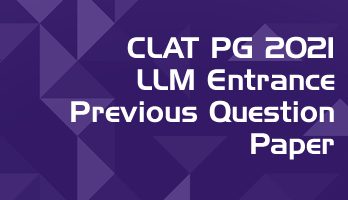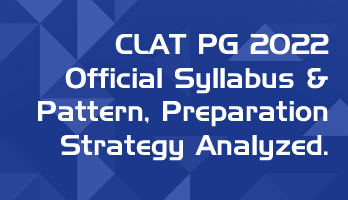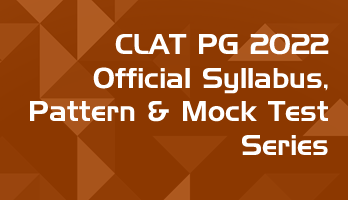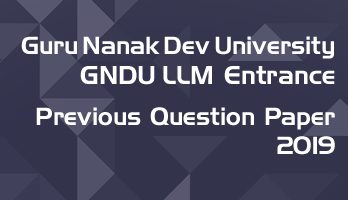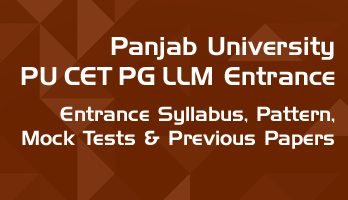First of all, the Bar Council of India Legal Education (Post Graduate, Doctoral, Executive, Vocational, Clinical and other Continuing Education) Rules, 2020 mentions some conditions for eligibility in an LL.M. course.
Most colleges/universities already enforced these, but let’s have a look.
Minimum Eligibility for LL.M courses
- A 3 year/5 year LL.B. or integrated LL.B. (B.A.LL.B., B.B.A.LL.B., B.Sc.LL.B.) pass-out (minimum required percentage of marks to be notified later)
- Qualifying in the Post Graduate Common Entrance Test in Law
These are the absolute minimum qualifications that are required. If you do not have any of these degrees or did not qualify in the Test, you will not be eligible for an LL.M. anywhere in India.
For Current LL.M. Students and Aspirants:
One thing that you must remember here, is that the notification has not come into force yet. It will be brought into force only after the BCI notifies and implements the same.
The notification explicitly mentions that until these new rules are implemented, one-year LL.M. programs are valid. So, there is no cause for worry for existing LL.M. students.
However, at this stage, it is still unclear if these changes will be brought in the 2021 session, or later. So, the status of the 2021 CLAT PG, AILET, etc. will depend upon the BCI’s actions. Aspirants are advised to check this space regularly for updates.
Changes Made in LL.M. Course Structure
- The LL.M. program will be semester based, and there will be no yearly system like some universities follow.
- In a specialized LL.M. program, there will not be more than 20 students in a class, and not more than 50 students overall in the batch.
- Four papers are compulsory:
(a) Law and Social Transformation
(b) Theories of Law and Justice
(c) Research Methodology & design of blueprint of Curriculum
(d) Quantitative Analysis - Another eight papers will be there, they might be based on the specialization area.
- There will also be a compulsory dissertation.
Executive LL.M. Program
Some universities used to offer programs similar to this, but BCI has finally given it the formal nod of recognition.
This will be a 3 year (6 semesters) program. The first two years will be a usual LL.M. program, and the final year will be classes will be conducted on weekend/evening/online and such other alternate modes and times.
The benefits of this program are not clear yet, but it might be geared specifically towards working professionals. We will know more as the BCI provides more information.
Overall, there might be some initial period of confusion regarding this move by BCI. But ultimately, it will most likely bring in clarity and symmetry in legal education throughout the country.



